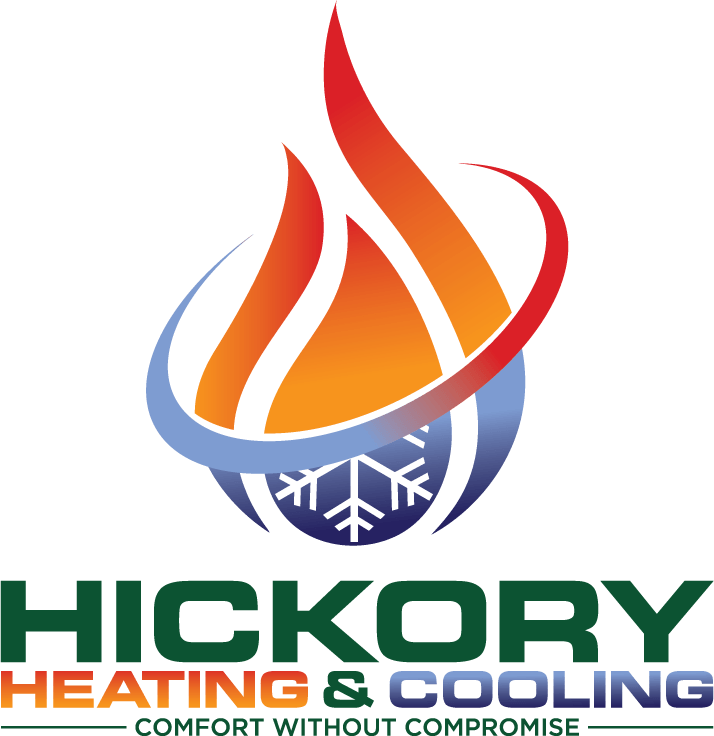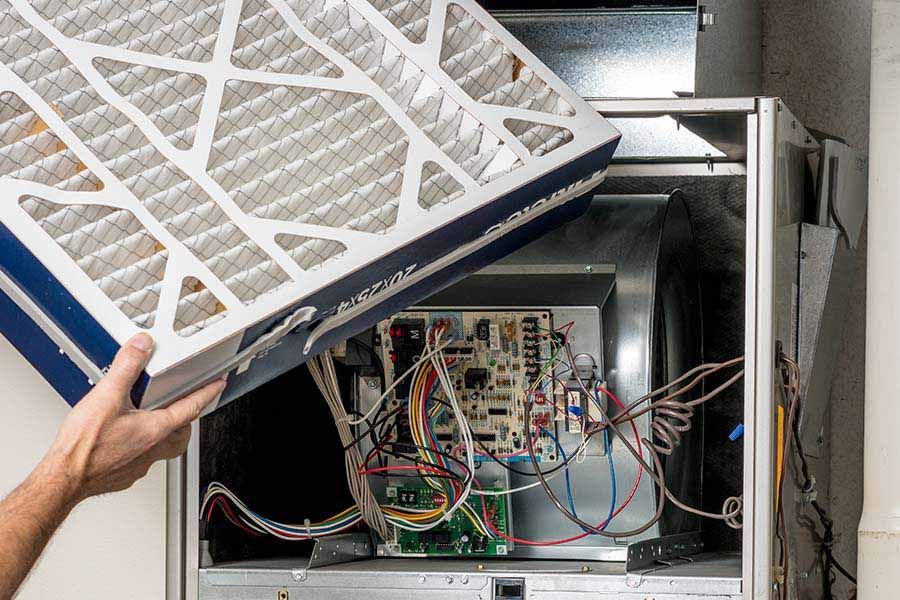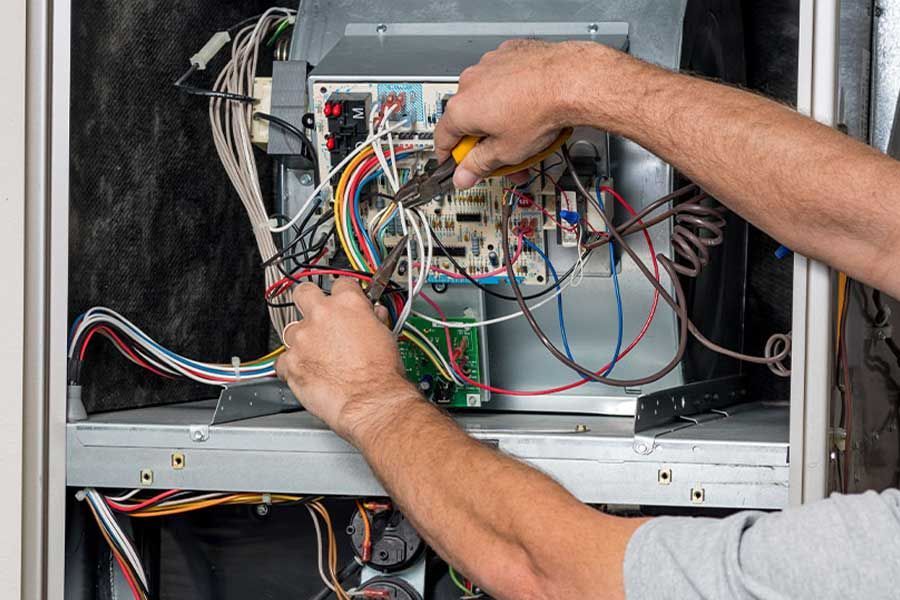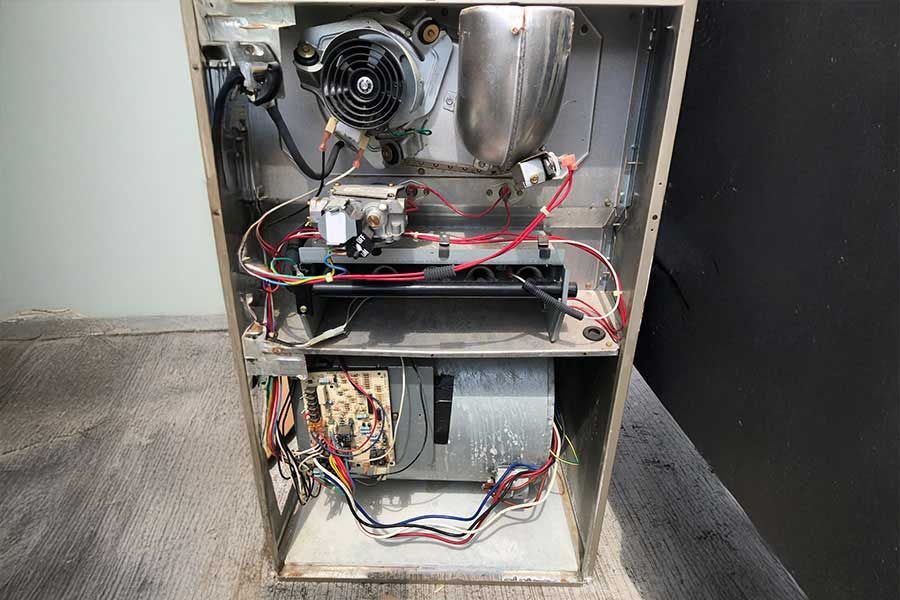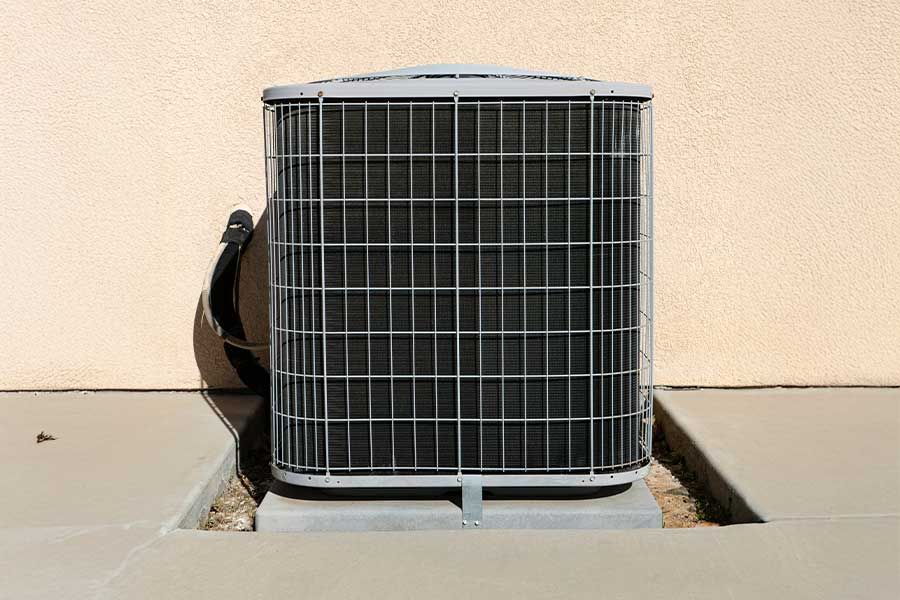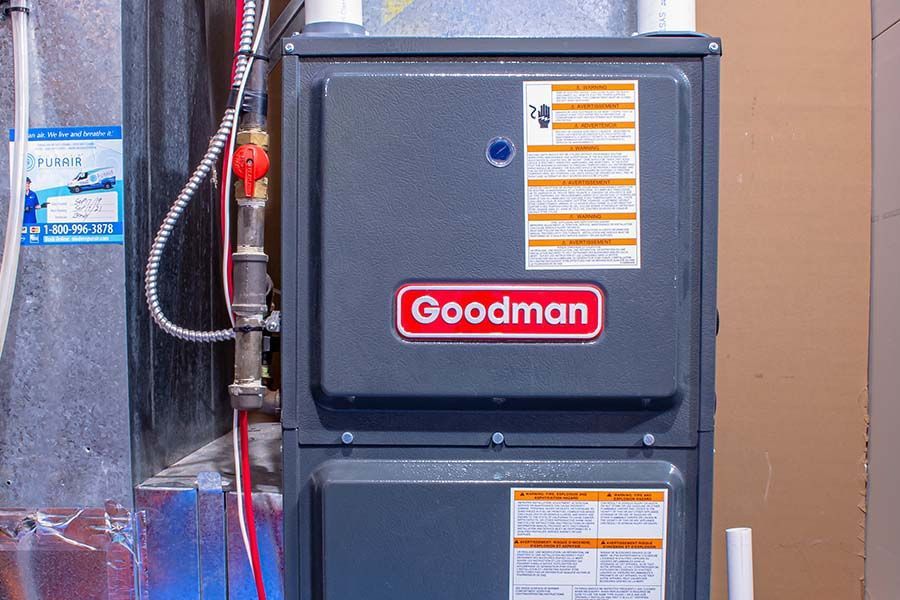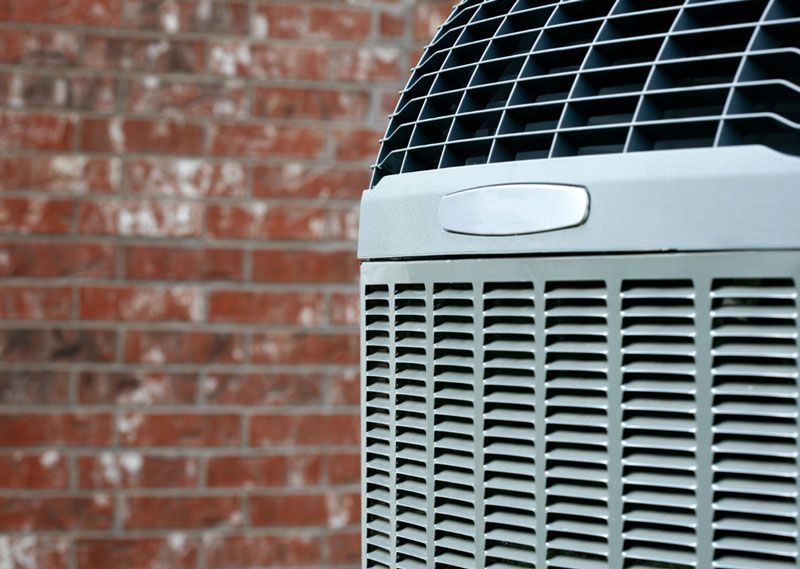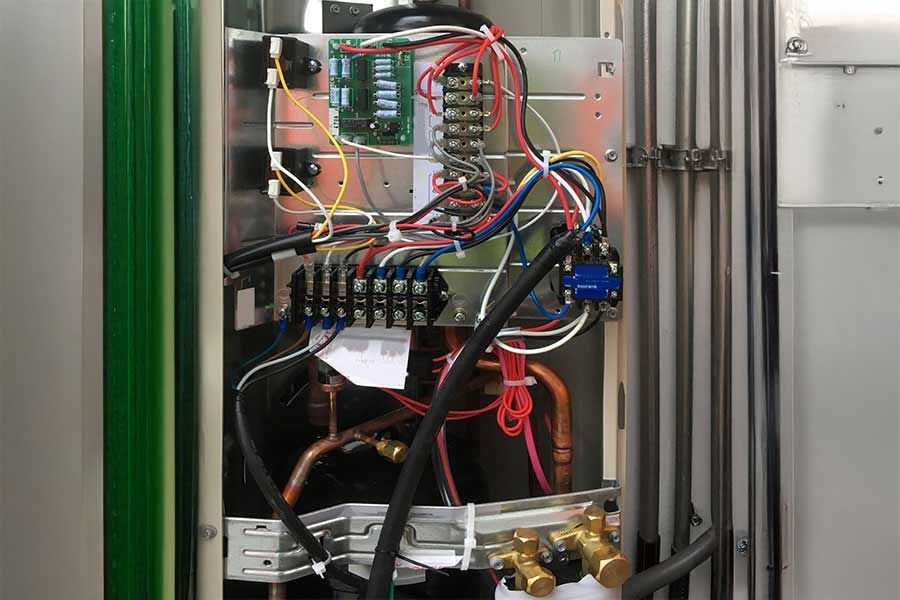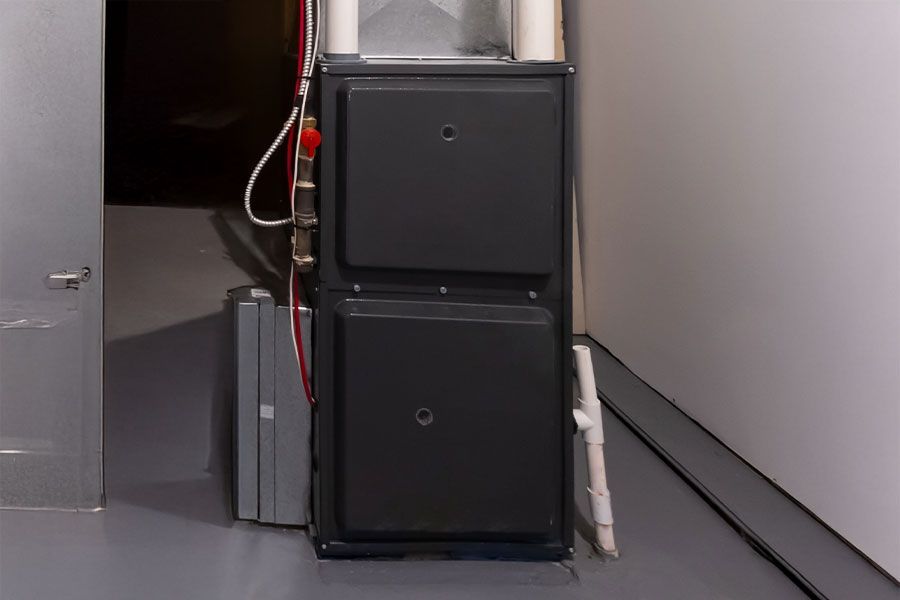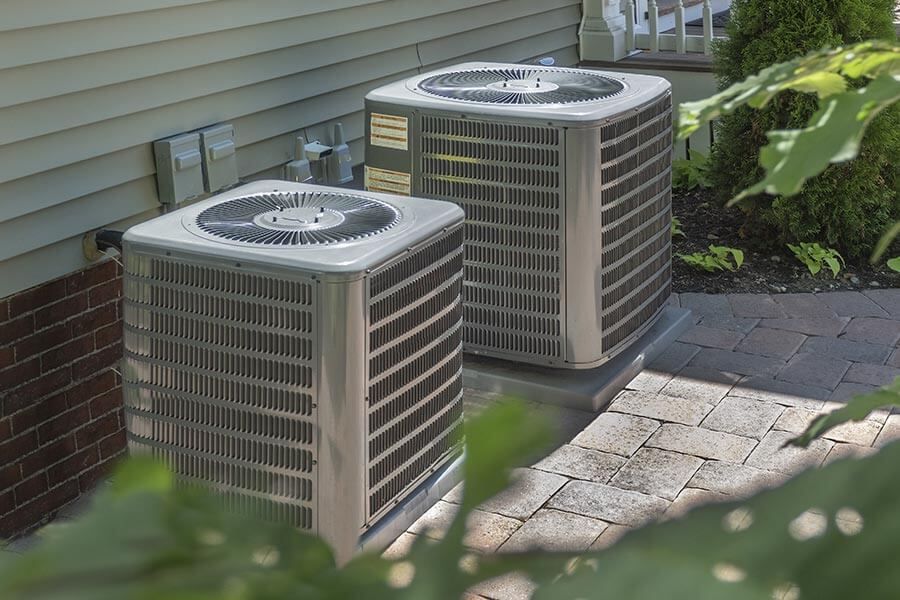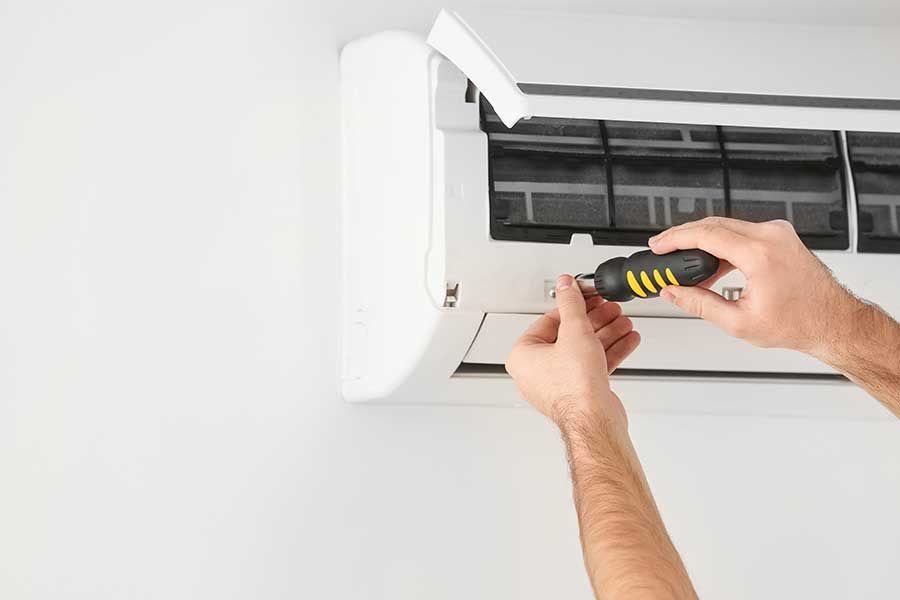Heat Pump Electrical Requirements: A Homeowner’s Guide
Understanding heat pump electrical requirements can be daunting for homeowners unfamiliar with the system.
This guide answers basic questions regarding heat pumps, their electric usage, and how to get started with one.
If you are curious about installing a heat pump or need heat pump repair, Hickory Heating & Cooling offers knowledgeable HVAC service. Call (828) 439-0790 to speak with one of Hickory’s heat pump repair experts today.
What Is a Heat Pump?
A heat pump is an advanced electric heating and cooling device that serves as a hybrid furnace and air conditioner. Unlike a conventional furnace, a heat pump doesn’t generate new heat. Instead, it moves air that is already warm into your home during cold months.
These air-source heat pumps rely on thermodynamics to trap warm atmospheric air to flow into the house. Ground-source heat pumps take stored heat within the earth and transfer it into your home, which is extremely energy efficient.
When the temperature outside rises, the heat pump works like an air conditioner. It contains evaporator and condenser coils that exchange heat and push warmer air outside while producing cool airflow into your home. The heat pump system includes both indoor and outdoor components to keep your home comfortable no matter the climate or season without relying on natural gas fuel.
What Are the Heat Pump Electrical Requirements?
Heat pumps require varying levels of electrical power. This will ultimately depend on the size of the home, the type of system, and how often it runs at capacity.
Before you install a heat pump, check the size of your circuit breaker and wire gauges. It’s crucial to match the size of your unit to the breaker to avoid major electrical issues. Typically, a small, 1.5-ton-capacity heat pump requires a breaker built to handle 20 Amps and size 12 or 14 wires.
If you’re operating a large 5-ton-capacity heat pump in your home, pair it with a breaker built for at least 60 Amps and either size 4- or 6-gauge wires. Knowing your home’s heat pump electrical requirements is key when considering this hybrid HVAC system.
The main electrical component in a heat pump system is the compressor. This part pressurizes the refrigerant to promote cool airflow. A ground-source heat pump will usually run at capacity, while air-source system compressors may only run at a third of their total capacity, allowing room for an increase if needed.
Heat pumps operating at smaller capacities can use as little as 8 Amps, while larger-capacity systems can use up to 37 Amps. These systems operate between 18,000 and 60,000 BTUs, or the amount of energy an air conditioner uses to remove heat from a space. The heat pump size determines the total expected energy usage.
Will a Heat Pump Save Money on Energy Bills?
Investing in a heat pump can be a great way to save money. Since heat pumps are cost-effective, climate-friendly HVAC systems that don’t use gas, they are ideal for homeowners looking to cut down on their gas bills and become more environmentally friendly. However, location is key.
Homes in temperate climates that don’t reach extreme weather highs or lows are the ideal candidates for heat pumps. A gas furnace system may be necessary if you live in an area that regularly endures below-freezing conditions. In these instances, however, a heat pump may still serve as the primary heat source, while the gas furnace serves as a backup option in extreme cold.
Electricity costs are key when considering installing a heat pump. Take note of your current electric usage, including lighting power, electric cooking, and power spent charging electric vehicles. Most homes have an electric load capacity between 80 and 100 Amps.
Factor in the usage you require from all basic utilities and add the total Amps that different-size heating systems project. This figure can help you determine likely variants in your electric costs after switching to a heat pump system. If this estimate saves you money, contact a reputable HVAC company to learn more about heat pump installation.
Professional Heat Pump Experts
Heat pumps are increasingly popular for homeowners looking to get away from fossil fuel heating systems. They offer ideal heating and cooling solutions for certain climates and are cost-effective.
Are you still wondering how a heat pump works and if it’s the right choice for your home? Let a Hickory Heating & Cooling expert walk you through everything you need to know. Call
(828) 439-0790 for more information on heat pump electrical requirements or to set up a service consultation.
